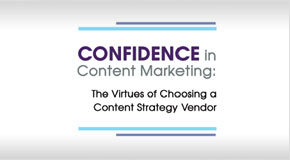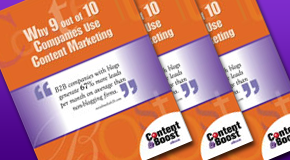It is said that history books are written by the winners. But the time has come to retire this outdated aphorism. In the social media age, history is being written—140 characters at a time—by paid commentators, artificial intelligence and self-proclaimed “journalists” with an axe to grind. These particular history books are being branded as “fake” news by pundits and politicians, but don’t let the label fool you—the impact of fake news can be quite real.
For evidence, you need look no further than one of the biggest news stories of 2016—the United States presidential election. The unlikely ascension of Donald Trump is now being attributed, largely, to a concerted effort on behalf of Russian actors to influence public opinion in America. ?
?
A recent Washington Post article explained how these efforts were able to succeed: “… Russian sites used social-media accounts to amplify misleading stories already circulating online, causing new algorithms to identify them as ‘trending’ topics that sometimes prompted coverage from mainstream American news organizations.”
When Hillary Clinton fell ill at a Sept. 11 memorial event, for instance, “ … some of the first and most alarming tweets … came from Russian botnets and trolls, researchers found.” These stories were not lies, per se, but rather half-truths and insinuations suggesting that there was a larger story behind Clinton’s pneumonia diagnosis than was being reported. The article states that nonpartisan research firm PropOrNot found that one fake news article about Clinton’s health actually reached 90,000 Facebook accounts and was read more than 8 million times.
While it has not been verified that a widespread fake news campaign handed Donald Trump the election, marketers must take note: When you cede control of your storytelling to a competitor, it is unlikely that your organization will be happy with the outcome.
In the social media age, untrue narratives about your brand can spin out of control very quickly. Any organization can dispatch a team of trolls to put its own twist on a story. Artificial intelligence software can be leveraged to manipulate search or social algorithms, elevating damaging content for all to see. Unfortunately, stories without even a grain of truth can go viral, and spiral into PR nightmares.
Despite the power of social media, most marketers are not doing enough to control their organization’s narrative. According to the 2016 Social Media Marketing Industry Report, 61 percent of marketers dedicate fewer than 10 hours per week to social media marketing—and that includes checking your pages for fake news.
Some organizations have personnel specifically dedicated to social media. These organizations are able to constantly monitor social media outlets and respond quickly to negative narratives. Social media managers for fast-food giant Wendy’s, for instance, are being lauded for a recent Twitter interaction shutting down a troll who claimed their slogan “fresh, never frozen,” was a lie.
Of course, not every marketing department has the resources to dedicate personnel for controlling their brand’s narrative on social media. This will require consistently posting new content, engaging your audience and constructing the desired voice for your brand—all of which are critical for helping consumers differentiate between your messaging and fake news.
If your marketing department is among those with only a few hours to spare for social media each week, you’d be well-advised to leverage the services of an independent content vendor with the bandwidth and experience to ensure that the right stories are being told about your brand.















